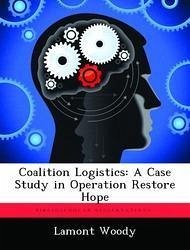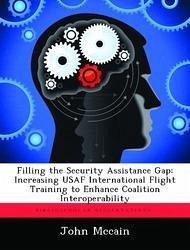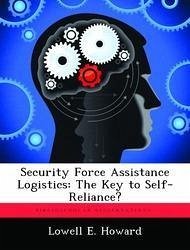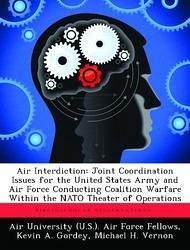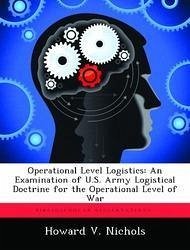
Coalition Logistics: The Way to Win the Peace, the Way to Win the War
Versandkostenfrei!
Versandfertig in über 4 Wochen
52,99 €
inkl. MwSt.

PAYBACK Punkte
26 °P sammeln!
The need for security assistance through coalitions and logistics remains important for achieving success in the Global War on Terrorism (GWOT) and in the US Government's (USG's) promotion of democracy. Coalition or international logistics are even more important today than in the past. Considering the constraints of the current, complex, adaptive, operational environment, coalition logistics allow the nation to maintain international involvement while bolstering cooperation with friends and allies. In order to maximize the benefits of international cooperation through military assistance prog...
The need for security assistance through coalitions and logistics remains important for achieving success in the Global War on Terrorism (GWOT) and in the US Government's (USG's) promotion of democracy. Coalition or international logistics are even more important today than in the past. Considering the constraints of the current, complex, adaptive, operational environment, coalition logistics allow the nation to maintain international involvement while bolstering cooperation with friends and allies. In order to maximize the benefits of international cooperation through military assistance programs, scholars, politicians, national and international leaders, military planners, and logisticians must continually assess foreign policy goals and devise long-range plans that integrate and leverage resources. History reveals coalition logistics as a critical capability in securing peace and claiming victory. This study focuses on three stability and support operations that involved the US military and international partners: post-World War II Germany, Haiti, and East Timor. Leaders who examine the shortfalls of US support capabilities, as evidenced by history, can determine how coalition logistics capabilities can lessen the burden of support. Focusing on security assistance, the work highlights the USG's practices for bolstering military capabilities of allies and provides insight for future developments. Further, this monograph highlights strategic and operational level implications for coalition logistics that apply to developing a concept of support, integrated planning, and today's security environment.





